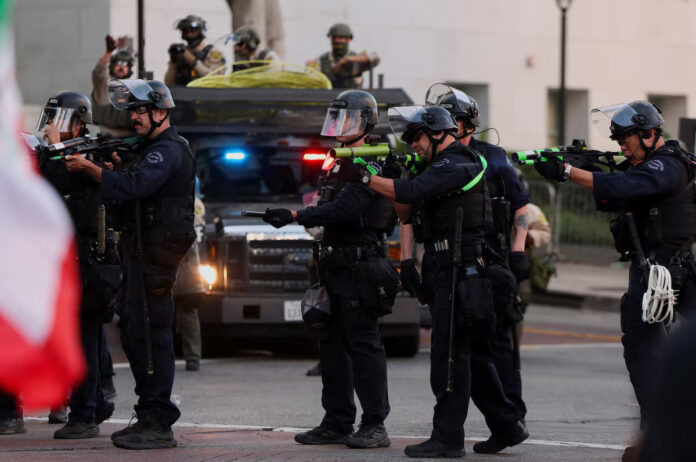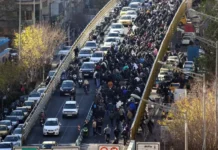
A U.S. federal appeals court on Friday upheld a temporary ban on immigration-related arrests in Los Angeles without probable cause, dealing another legal blow to the Trump administration’s enforcement tactics.
The Ninth Circuit Court of Appeals refused to lift a lower court’s order that bars federal agents from conducting arrests based on individuals’ race, language, or location—practices the court found likely unconstitutional. The three-judge panel sided with plaintiffs, including the American Civil Liberties Union (ACLU), who argued that federal immigration agents engaged in widespread racial profiling and discriminatory enforcement practices.
In its unsigned decision, the court agreed that arrests made based on “apparent race or ethnicity,” speaking Spanish or accented English, or being in specific areas such as car washes, day laborer pickup sites, or bus stops, likely violated constitutional protections.
The ruling stems from a lawsuit filed in June by the ACLU and supported by the City of Los Angeles and other Southern California municipalities. The suit challenged immigration raids carried out under quotas allegedly set by the Trump administration. A California judge had earlier issued a restraining order preventing the use of racial profiling and protecting detainees’ right to legal counsel.
The controversy escalated in June when President Donald Trump deployed National Guard troops and U.S. Marines to Los Angeles during protests against the raids, an unusual federal militarization of domestic law enforcement operations.
Reacting to Friday’s decision, Los Angeles Mayor Karen Bass called it “a victory for the city,” saying the restraining order would continue to shield residents from “cruel and aggressive” immigration enforcement actions.
Mohammad Tajsar, a senior staff attorney at the ACLU Foundation of Southern California, also welcomed the ruling. “This decision is further confirmation that the administration’s paramilitary invasion of Los Angeles violated the Constitution and caused irreparable injury across the region,” he said.
The Department of Homeland Security and U.S. Immigration and Customs Enforcement (ICE) have not yet commented on the decision.
Written By Rodney Mbua


















